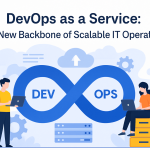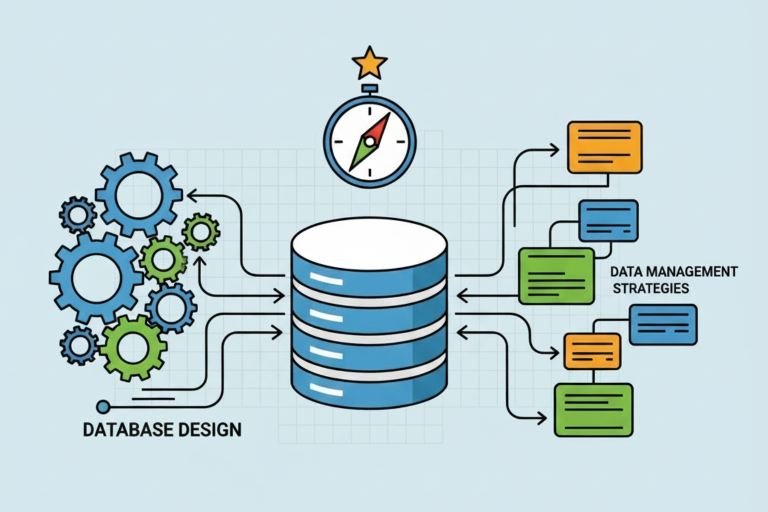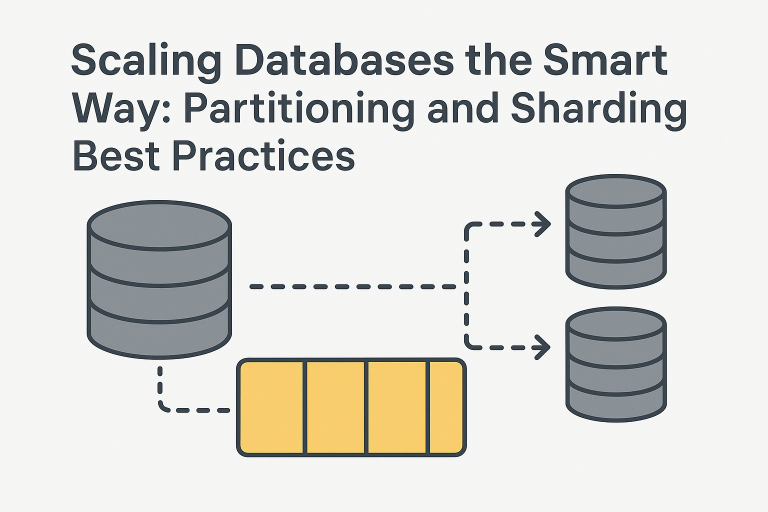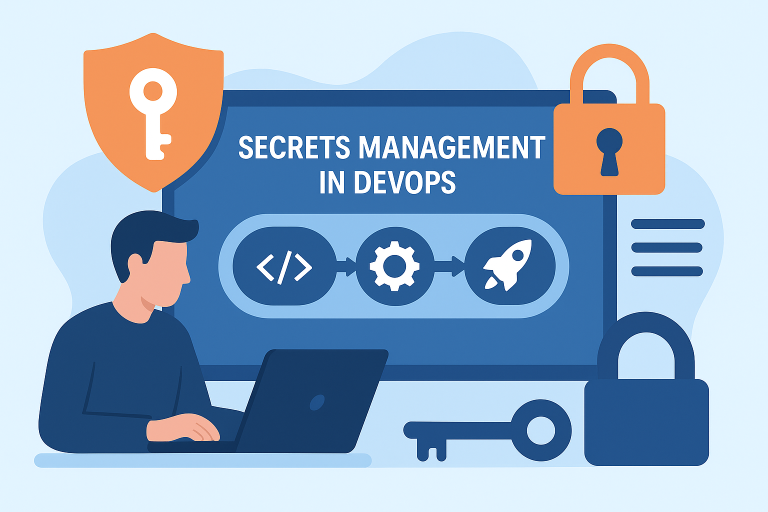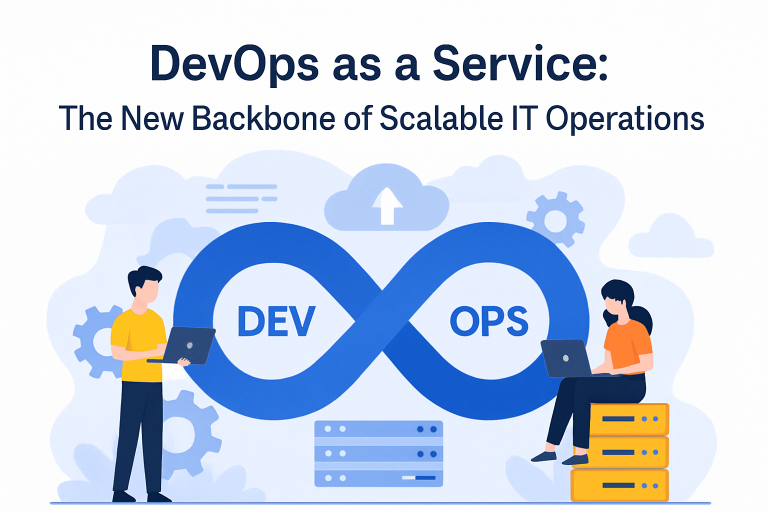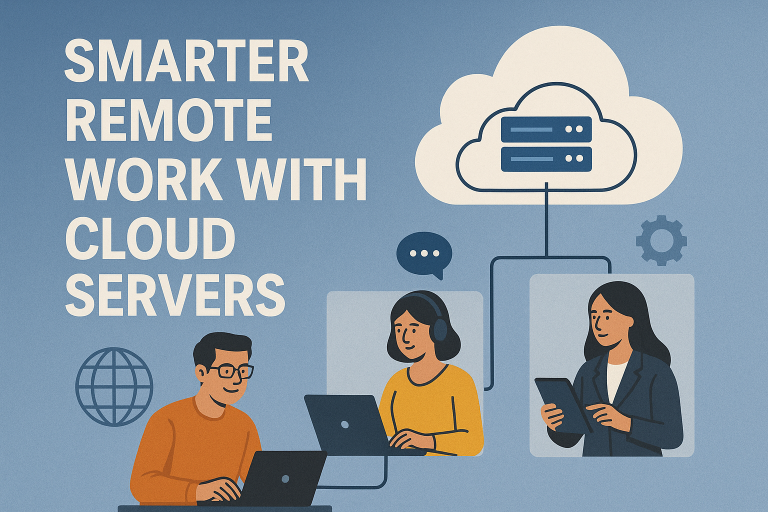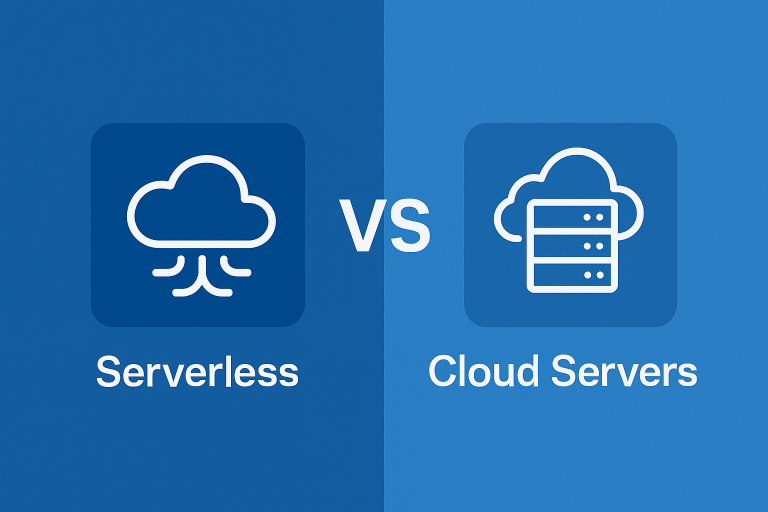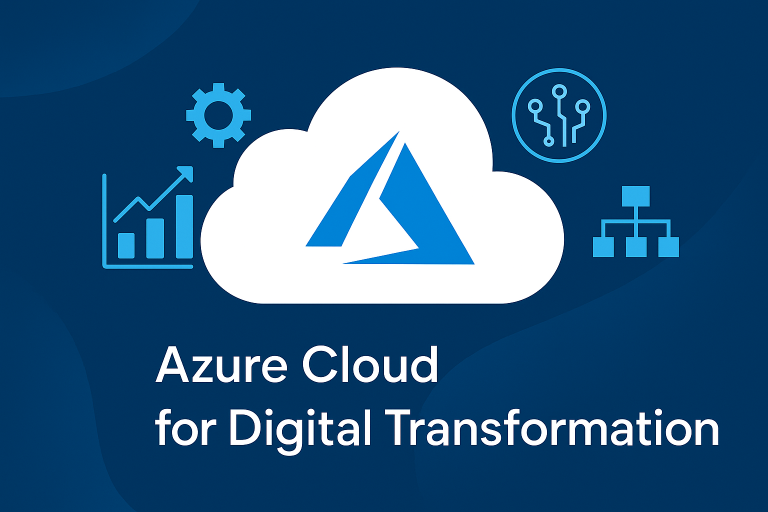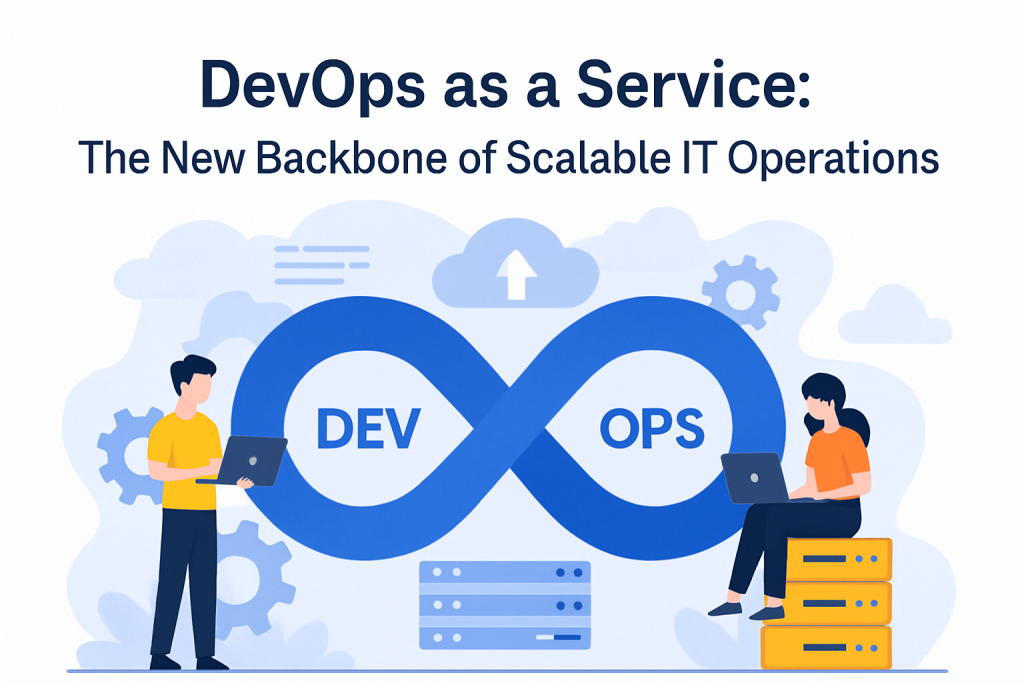
In today’s fast-paced digital world, speed is money. But even the best new ideas can fail if they don’t have stability. DevOps is a method that fills in the gaps between development and operations. But even though a lot of companies know what DevOps is, they still don’t know how to do it. This is where DevOps as a Service (DaaS) comes in. It’s not just a set of tools; it’s a whole new way of doing things that helps modern businesses innovate, grow, and deliver faster with confidence. DaaS has become the new backbone of scalable IT operations, whether you’re a startup trying to get products out the door quickly or a big company moving old systems to microservices.
Let’s explore how DevOps as a Service can future-proof your tech operations—from setting up a CI/CD pipeline as a service to scaling distributed systems with Kubernetes—and why choosing the right partner matters more than ever.
What Is DevOps as a Service, and Why Now?
DevOps is no longer just a niche practice; it’s what makes continuous delivery, efficient collaboration, and agile product development possible. But to use DevOps inside your company, you need to have the right skills, be on the same page with your culture, manage your toolchain, and have enough time. That’s a big job for a lot of businesses, especially small and medium-sized ones.
DevOps as a Service makes this complicated situation easier by providing DevOps practices as a managed service. You don’t have to build your DevOps skills from the ground up in-house. Instead, you hire an outside DevOps as a service provider who provides scalable, secure, and automated solutions that meet your business needs.
Think of it as hiring an elite pit crew to keep your car running at peak performance while you focus on winning the race.
The Real-World Benefits of DevOps as a Service
Here’s what businesses gain when they adopt DevOps as a Service:
- Faster Time-to-Market: With pre-built pipelines, container orchestration, and automated testing, software releases move from months to days—or even hours.
- Scalability and Flexibility: Easily scale infrastructure and services on cloud platforms without manual overhead.
- Improved Security: Security is built into the development process (DevSecOps), with vulnerability scans, compliance checks, and access control.
- Cost Efficiency: Pay-as-you-go models reduce capital expenditures and improve ROI.
- Enhanced Collaboration: Developers, testers, and operations teams work from a shared framework with greater visibility and fewer silos.
The Technical Backbone: CI/CD, Kubernetes & Automation
Once the foundation is clear, let’s dig into the technical muscle that makes DevOps as a Service not just efficient but transformational.
CI/CD Pipeline as a Service
CI/CD (Continuous Integration/Continuous Deployment) is the heart of any DevOps pipeline. In a traditional setup, configuring, monitoring, and managing this pipeline takes time and continuous effort. With CI/CD pipeline as a service, businesses can offload this work to experts who automate the entire process—builds, tests, deployment, rollback—on reliable cloud infrastructure.
Here’s what a robust CI/CD pipeline service provides:
- Version-controlled code with automated triggers
- Integrated testing (unit, functional, security)
- Auto-deployments to staging and production
- Rollback in case of failed builds
- Performance monitoring post-deployment
This drastically reduces human error, deployment time, and downtime risk.
Microservices & Containerization
Modern applications are increasingly built using microservices—independent components that can be developed and deployed in isolation. DaaS platforms often rely on containers and Kubernetes to manage these services efficiently and ensure smooth operation across distributed environments. This enables:
- Horizontal scaling
- Faster recovery
- Easier integration
- Real-time monitoring of individual services
Teams that use Docker in DevOps can package these microservices into lightweight, portable containers, ensuring consistency across development, testing, and production. Combined with Docker containers, this architecture allows you to ship code in standardized environments—no more “works on my machine” issues.
Infrastructure as Code (IaC)
With tools like Terraform, Ansible, or AWS CloudFormation, infrastructure can be treated like application code—versioned, tested, and repeatable. This is critical for consistency across dev, staging, and production.
The Financial Angle: DevOps as a Cost-Saver, Not a Burden
A common misconception is that outsourcing DevOps is costly. But let’s break that myth.
Traditional DevOps requires:
- Hiring full-time DevOps engineers (hard to find and expensive)
- Managing cloud infrastructure and configurations
- Building custom CI/CD pipelines from scratch
- Continuous monitoring and security management
When using DevOps consulting services, these functions are bundled into a managed service with flexible pricing. You no longer need to build everything internally or worry about scaling overnight.
Here’s how the cost structure works in your favor:
- Predictable Spending: Most providers offer monthly plans or usage-based pricing.
- Reduced Downtime: Automation ensures fewer outages and faster recovery, saving revenue and reputation.
- Lower Recruitment Costs: You skip the hiring process for niche skill sets.
In short, you convert unpredictable operational costs into predictable service costs while achieving faster outcomes.
Choosing the Right DevOps as a Service Provider
All DevOps service providers are not created equal. The right partner does more than just automate pipelines—they align DevOps goals with business goals. They become a part of your delivery team.
Here are key factors to consider:
- Experience and Certifications: Look for providers with real-world experience and partnerships with cloud platforms like AWS, Azure, or GCP.
- Customization: Cookie-cutter solutions rarely work. Your provider should be able to tailor the toolchain and workflows to your needs.
- Security First: DevSecOps should be integral, not optional.
- Toolchain Compatibility: The provider should work with your existing stack (Git, Jenkins, GitHub Actions, etc.) or help modernize it.
- Transparent Communication: Regular updates, dashboards, and proactive alerts matter just as much as the tech.
DevOps as a Culture, Not Just a Service
While tooling is important, successful DevOps transformation is cultural at its core. DaaS providers should encourage a collaborative mindset, foster knowledge sharing, and build accountability across teams.
True DevOps transformation includes:
- Fail-Fast Approach: Accept failures as learning points with quick iteration.
- Blameless Postmortems: Focus on solutions, not finger-pointing.
- Continuous Learning: Encourage teams to experiment and evolve.
A mature DevOps as a service provider should work as a catalyst for this cultural shift while taking care of the backend complexity.
Use Cases: Where DevOps as a Service Really Shines
Here are some common use cases where DaaS has delivered massive results:
- Startups: Launch MVPs faster with ready-to-go CI/CD pipelines and serverless deployments.
- Enterprises: Migrate monolithic apps to cloud-native microservices without disruption.
- E-commerce Platforms: Auto-scale infrastructure during peak traffic, integrate payment APIs securely.
- Healthcare SaaS: Stay compliant with HIPAA while deploying updates frequently.
- FinTech Firms: Improve auditability and security through automated compliance workflows.
Conclusion
As digital products grow in complexity and user expectations continue to rise, DevOps is no longer optional—it is essential. Rapid deployments, scalable systems, and seamless updates have become the norm, not the exception. However, building a full-scale internal DevOps team is often out of reach for many businesses due to limited time, budget, or in-house expertise.
That’s where DevOps as a service steps in not just as a convenience but as a competitive advantage. By partnering with the right DevOps consulting services, companies can automate workflows, reduce release cycles, and improve software reliability without getting bogged down in operational overhead. From CI/CD pipeline as a service to Kubernetes-powered scalability and real-time monitoring, these solutions offer a clear, managed path to high-performing IT operations.
A trusted DevOps as a service provider brings more than tools, they bring experience. With their help, businesses can scale their infrastructure with confidence, adopt modern practices faster, and focus on delivering value to customers instead of managing backend complexity.
If you want to build software that scales with your vision—not against it—start by choosing a partner who understands your journey, not just your infrastructure.
